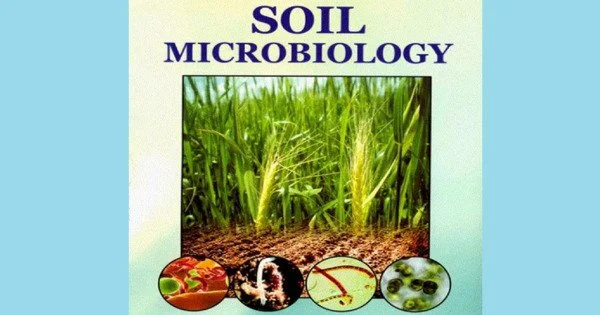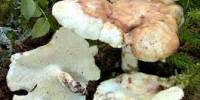The study of soil microorganisms, their roles, and how they affect soil qualities is known as soil microbiology. It is a subfield of microbiology that studies soil microorganisms, their activity, and their interactions with the soil environment. The soil is a complex ecosystem that is home to a wide community of microorganisms such as bacteria, fungus, archaea, viruses, and protozoa. These microbes are essential for nutrient cycling, organic matter decomposition, and general soil health and fertility.
The first ancient bacteria and microbes are thought to have appeared in Earth’s waters between two and four billion years ago. These bacteria might fix nitrogen, multiply over time, and release oxygen into the environment. This resulted in more evolved microbes, which have an impact on soil structure and fertility. Bacteria, actinomycetes, fungus, algae, and protozoa are the different types of soil microorganisms. Each of these groupings has distinct traits that characterize them and their roles in the soil.
Key aspects of soil microbiology include:
- Microbial Diversity: Soil is home to a vast array of microorganisms. In the soil, several kinds of bacteria, fungus, and other microorganisms cohabit, contributing to the overall ecosystem’s functioning.
- Nutrient Cycling: Soil microbes are vital for nutrient cycling in the ecosystem. They breakdown organic materials, releasing nutrients like nitrogen, phosphorous, and sulfur into the soil and making them available to plants.
- Decomposition: Microorganisms break down complex organic matter, such as dead plants and animals, into simpler compounds. This decomposition process is crucial for recycling nutrients and maintaining soil structure.
- Biological Control: Some soil microorganisms operate as natural pathogen antagonists. They can aid in the control of plant diseases by inhibiting the growth of pathogenic organisms.
- Soil Structure: Microorganisms contribute to soil structure by creating compounds such as extracellular polymeric substances (EPS), which aid in the binding of soil particles and improve water retention and aeration.
Soil microbiologists research and understand the composition and functioning of soil microbial communities using a variety of approaches such as molecular biology, genomics, metagenomics, and traditional microbiological methods. This understanding is essential for sustainable agriculture, land management, and environmental conservation.
















